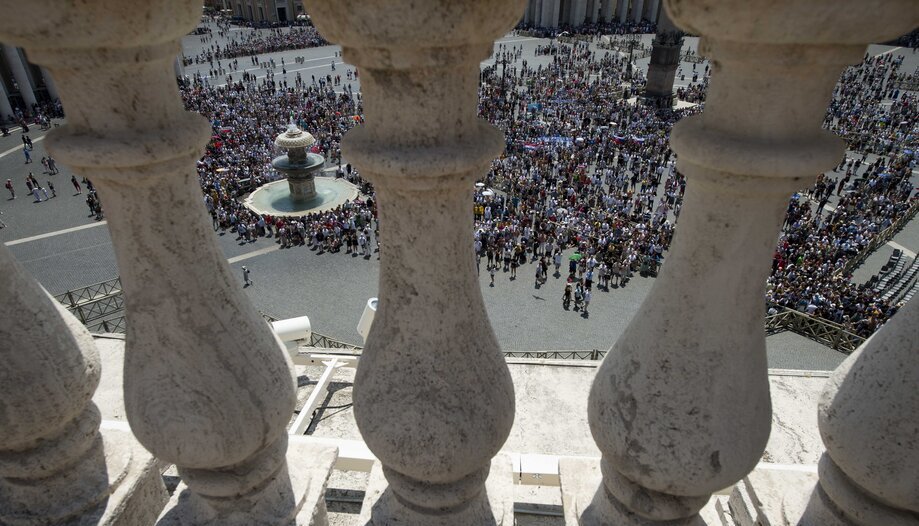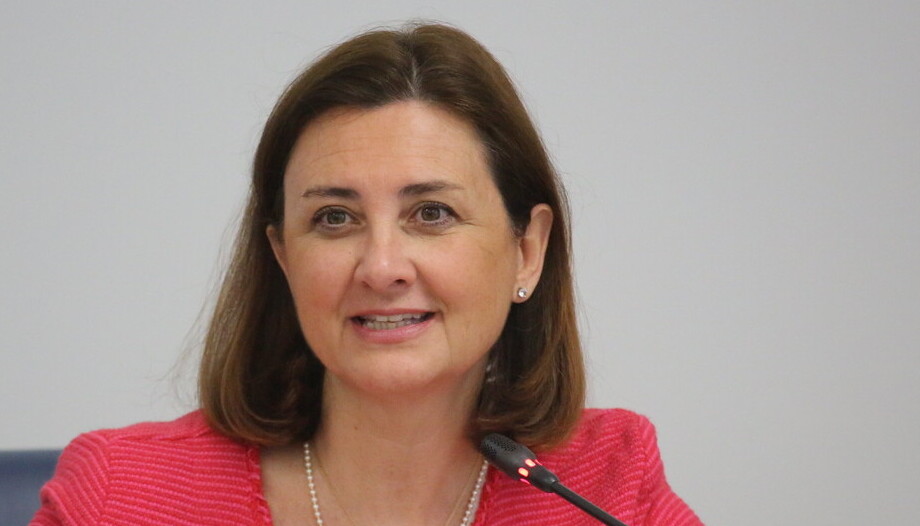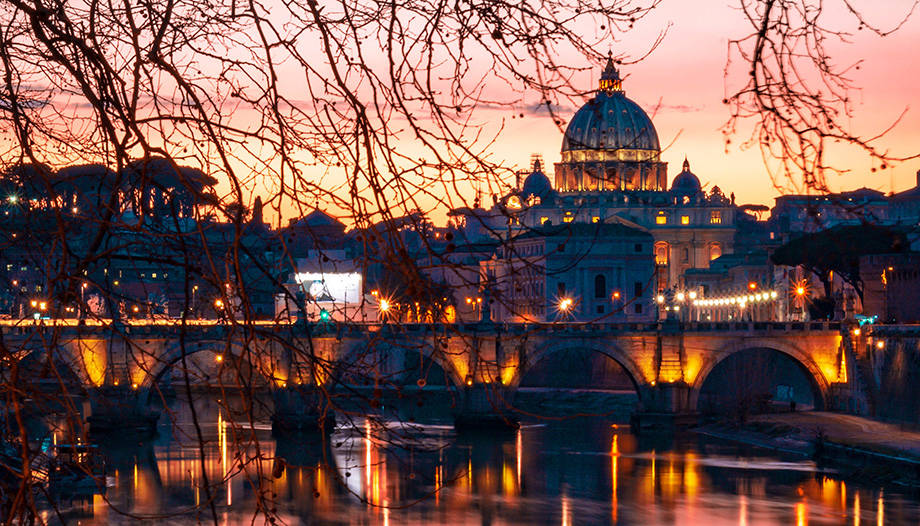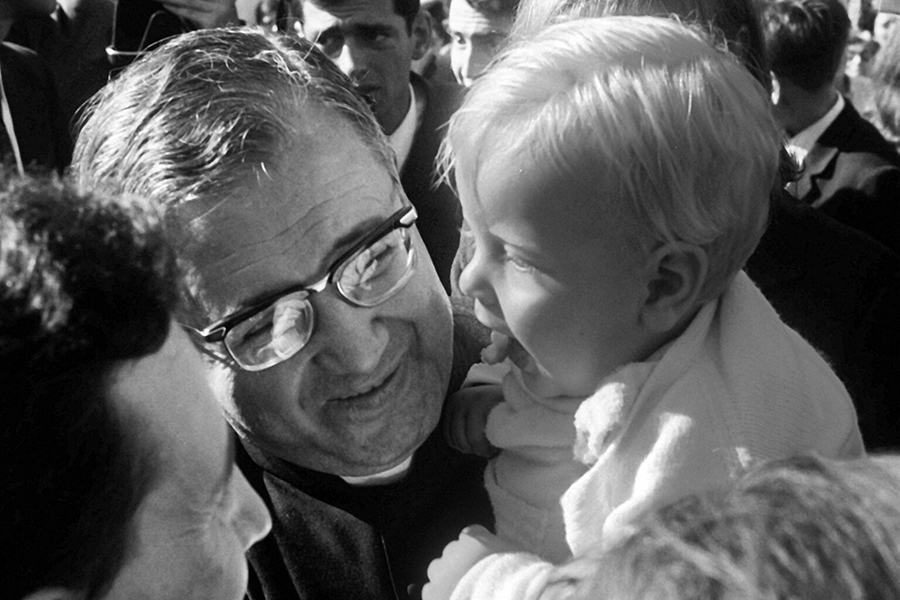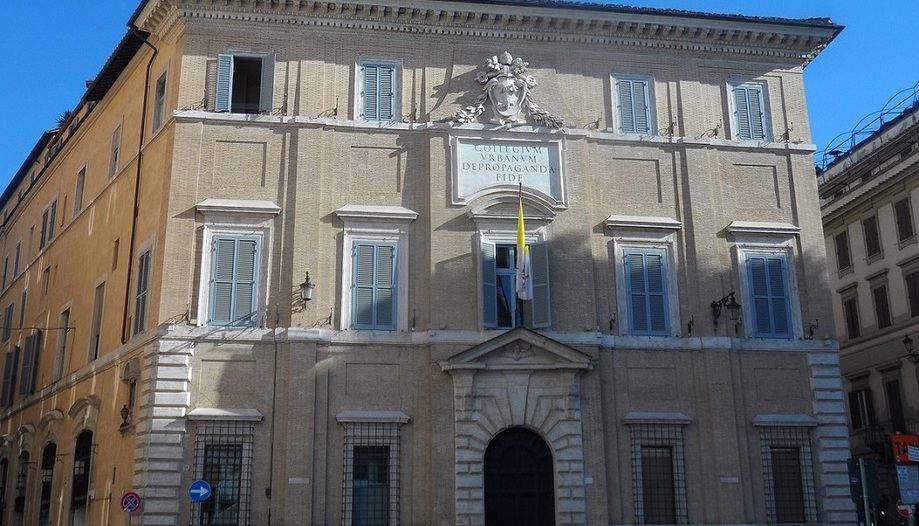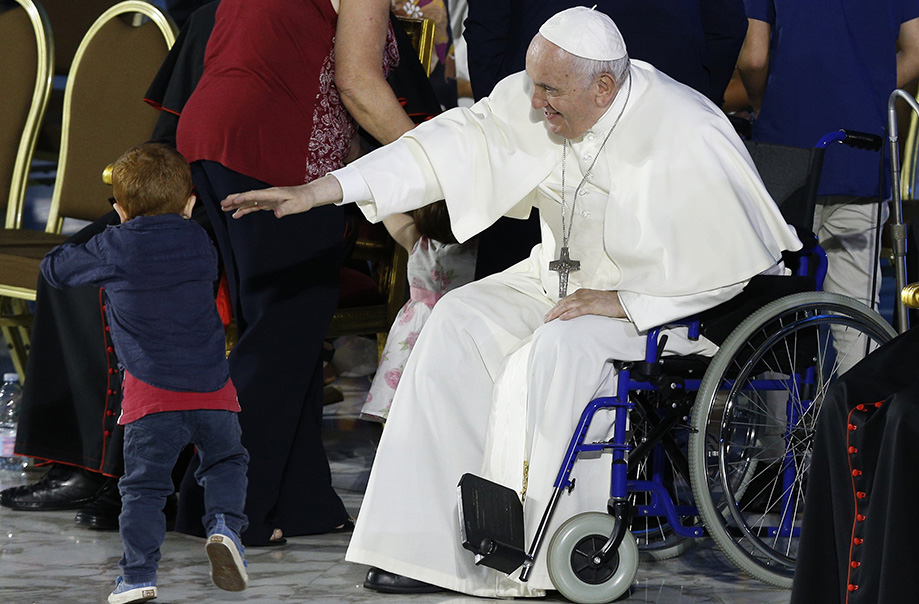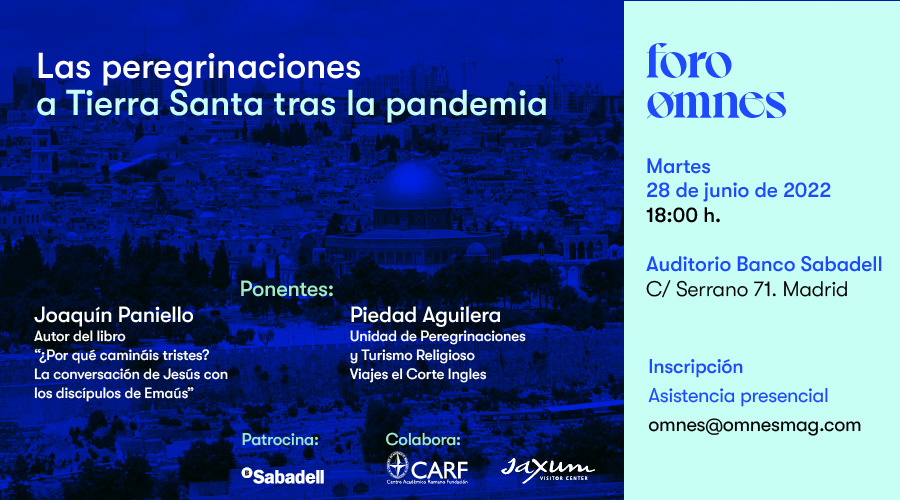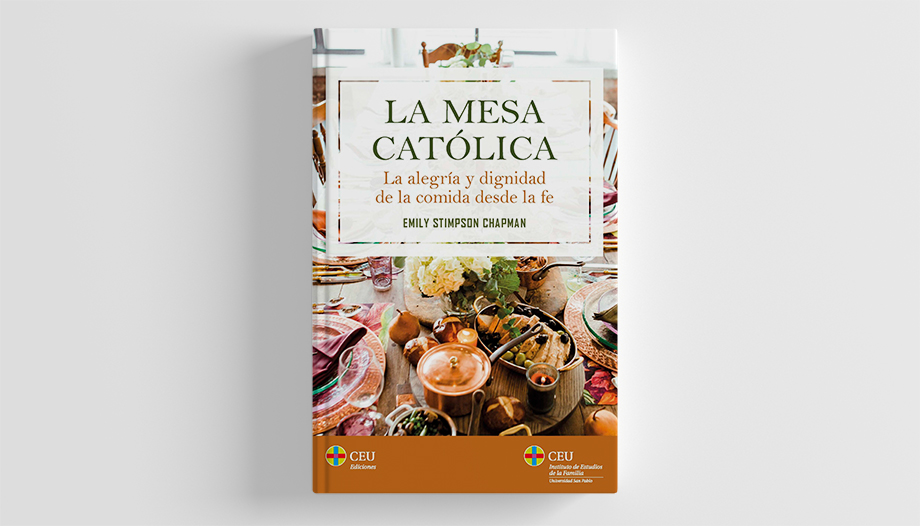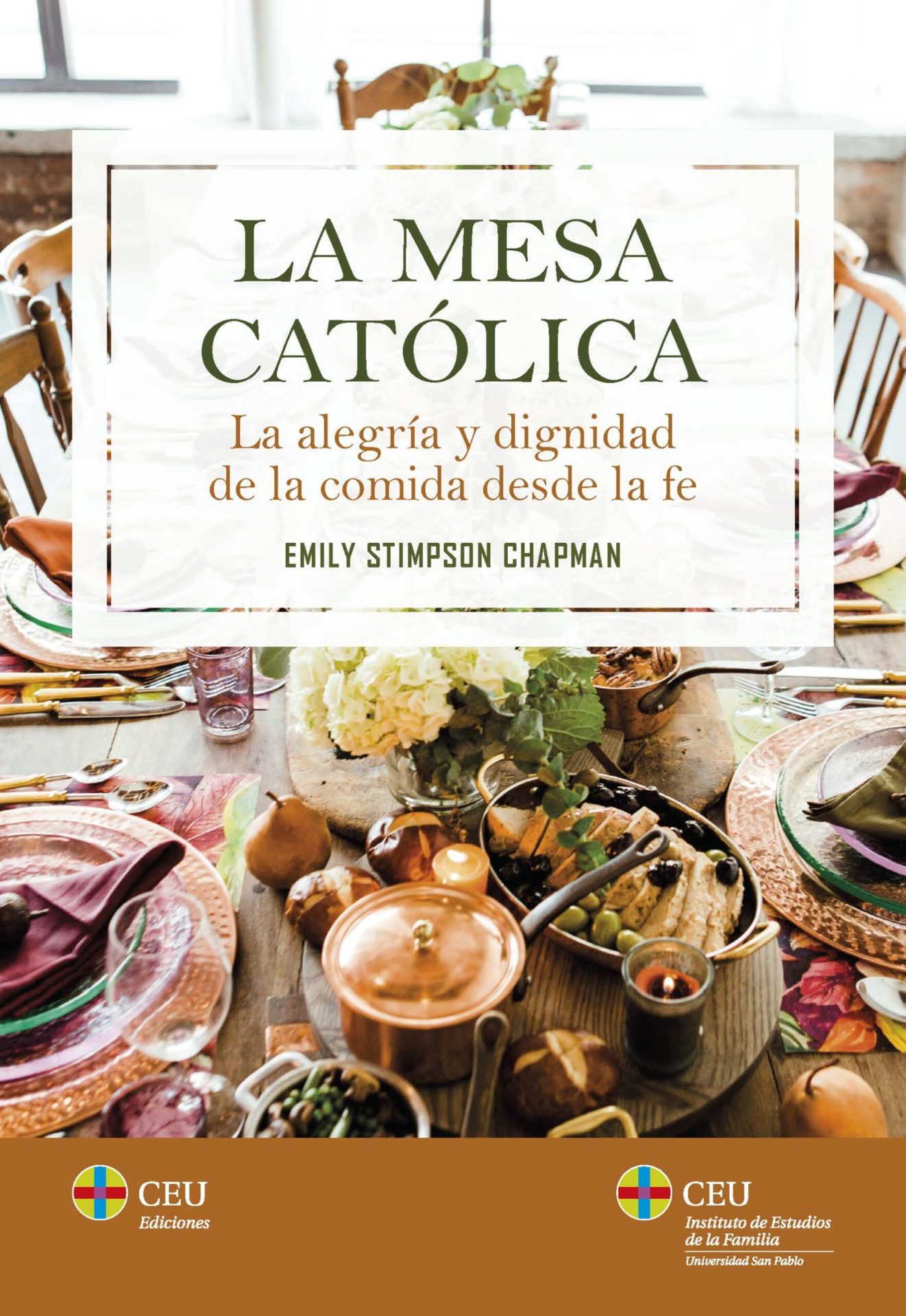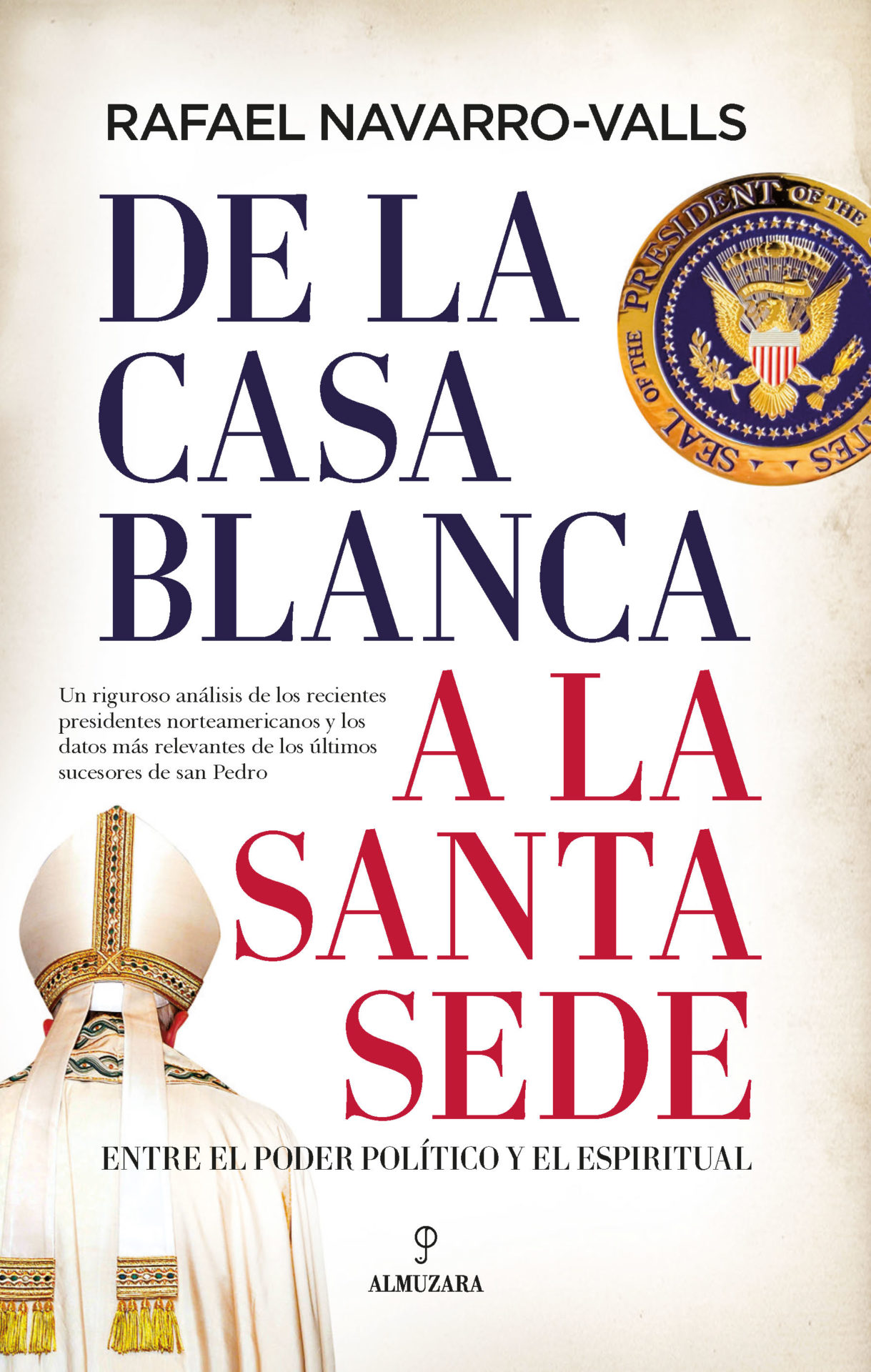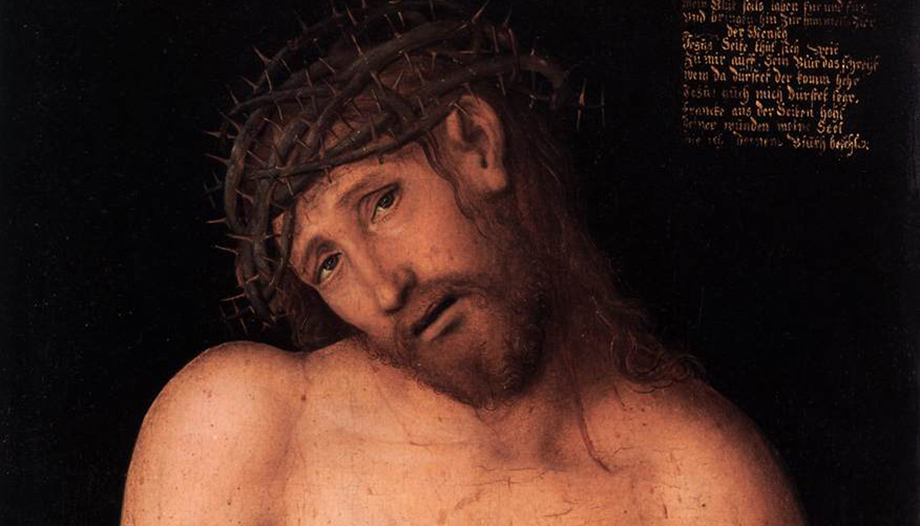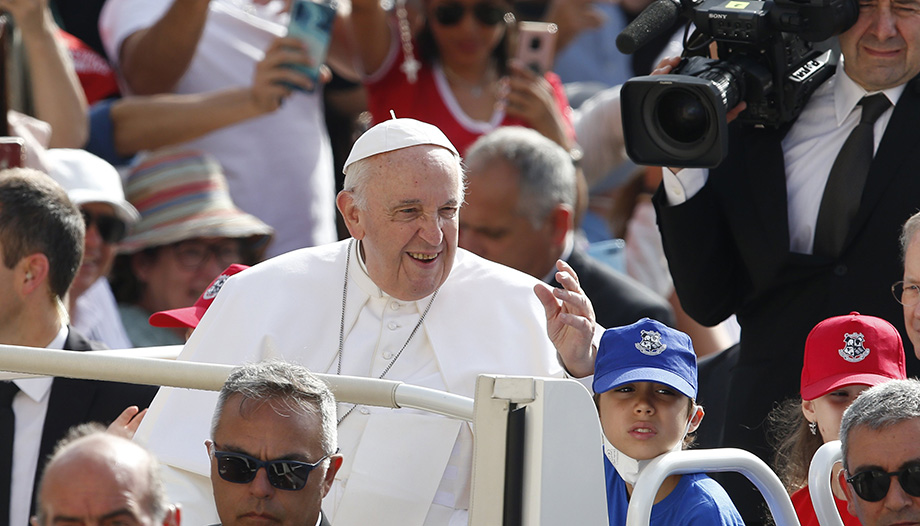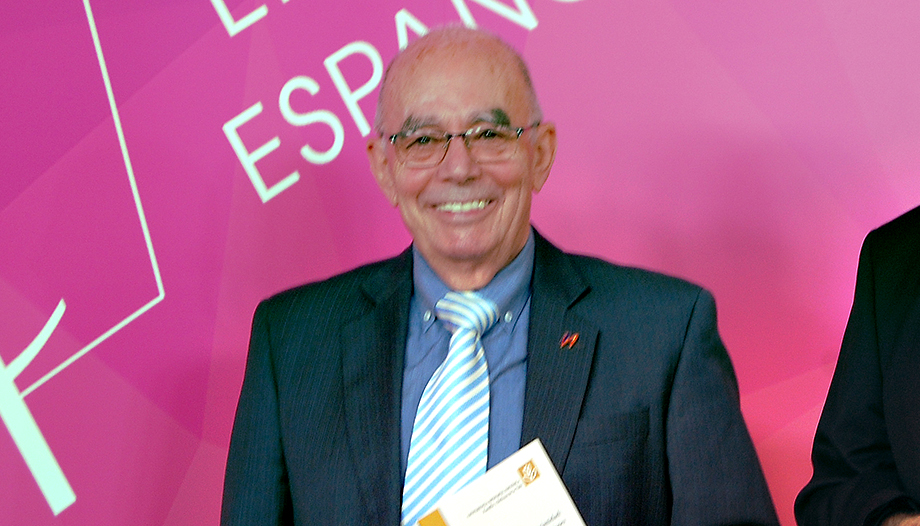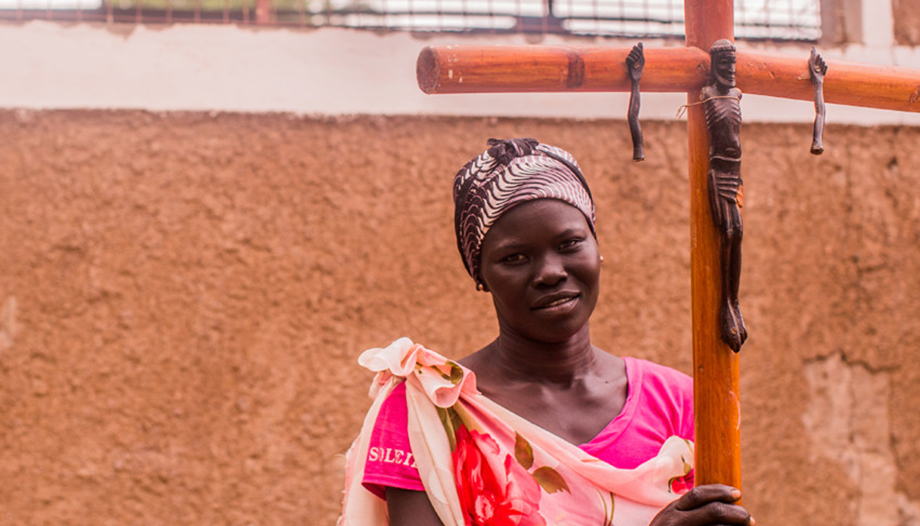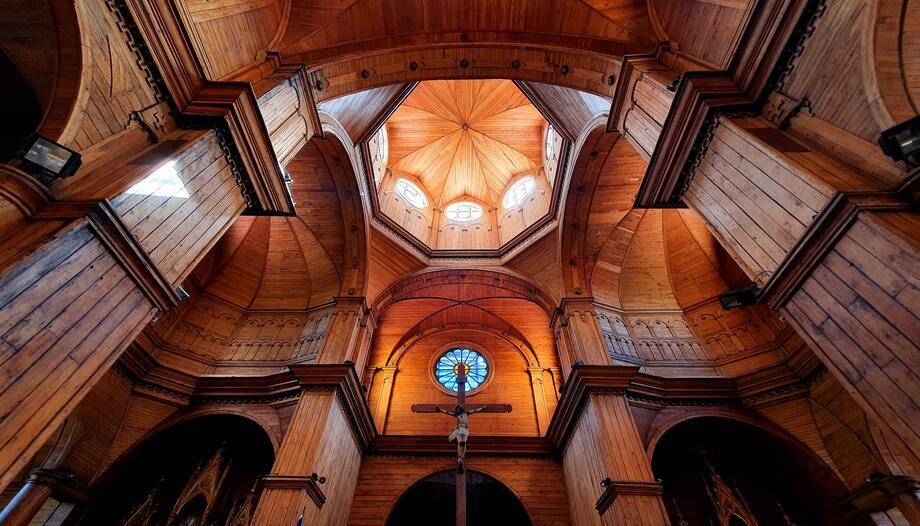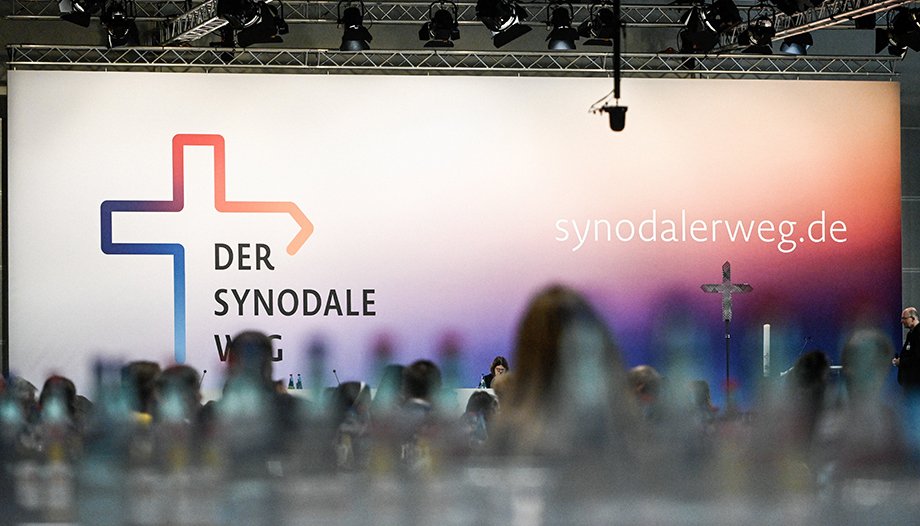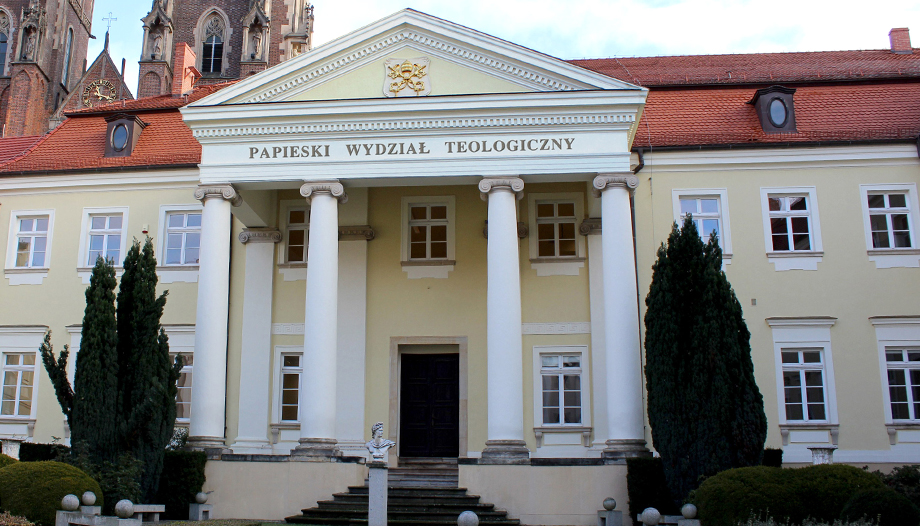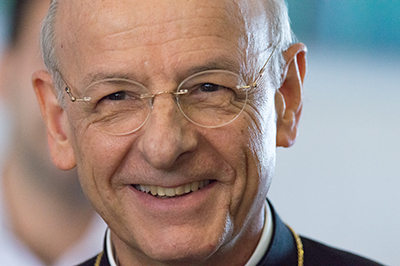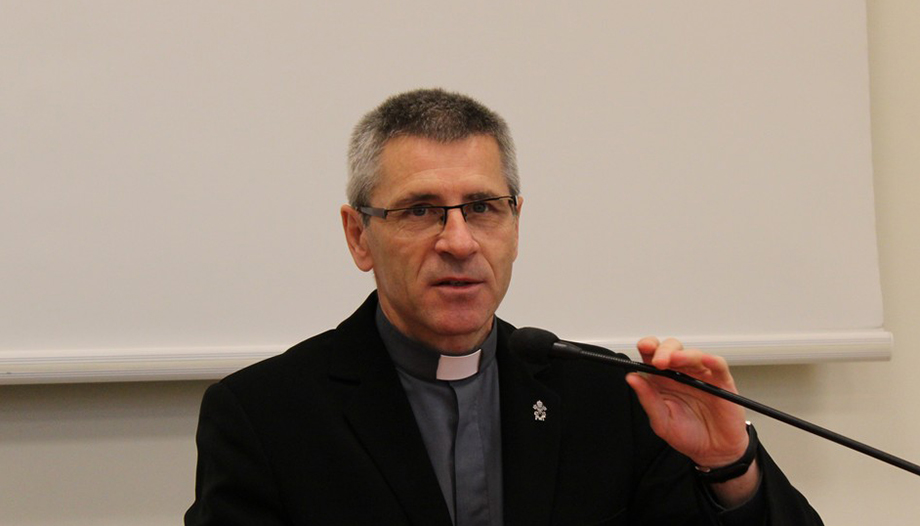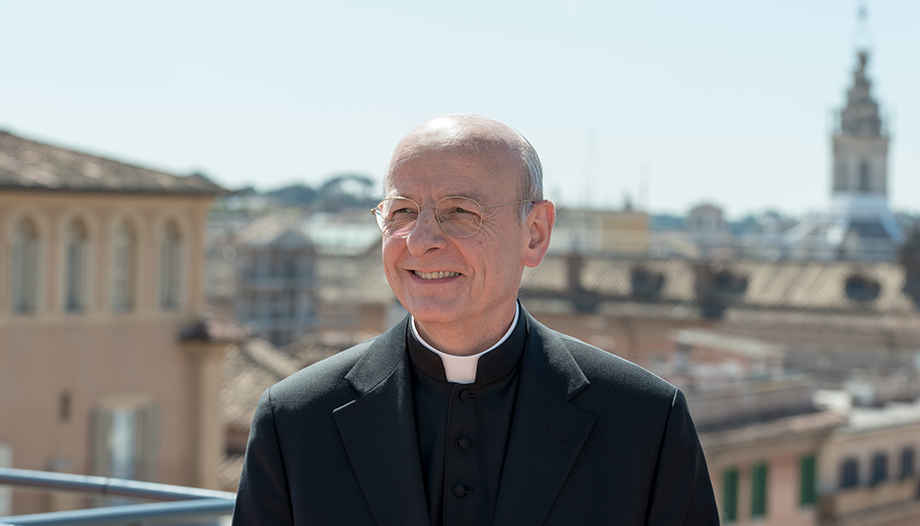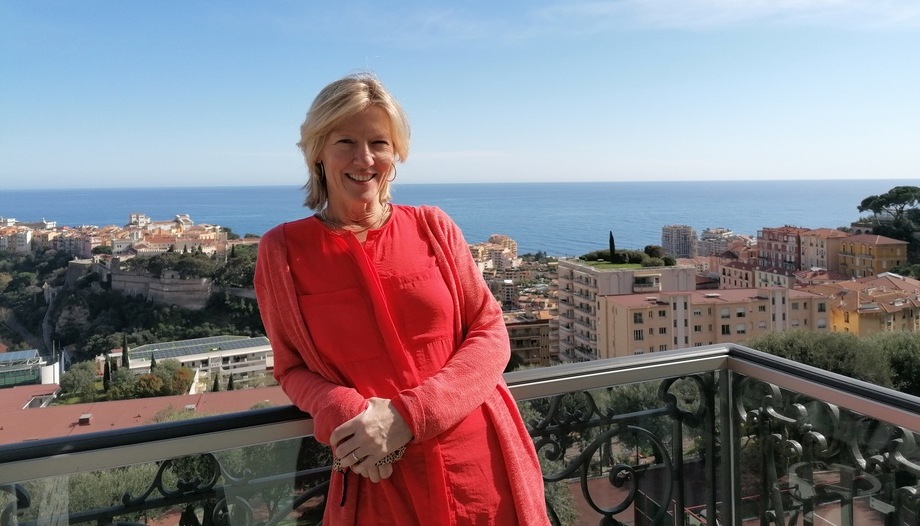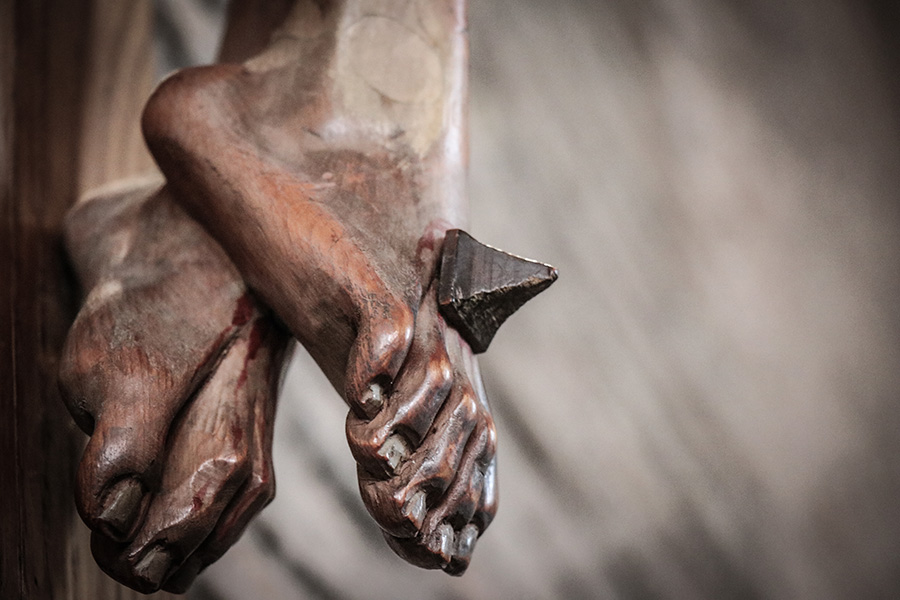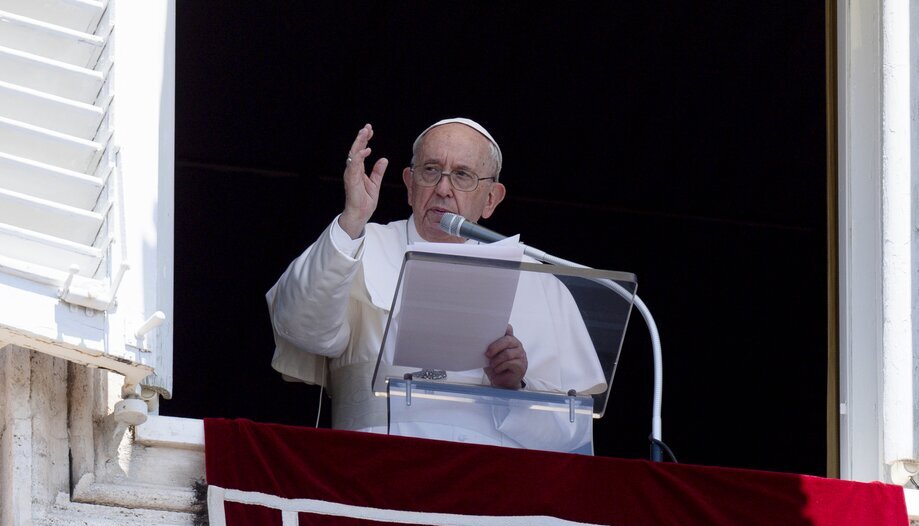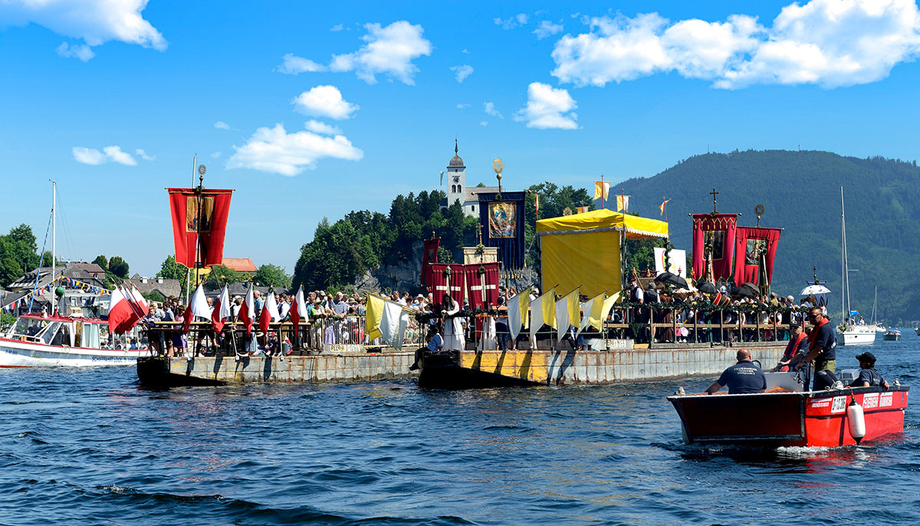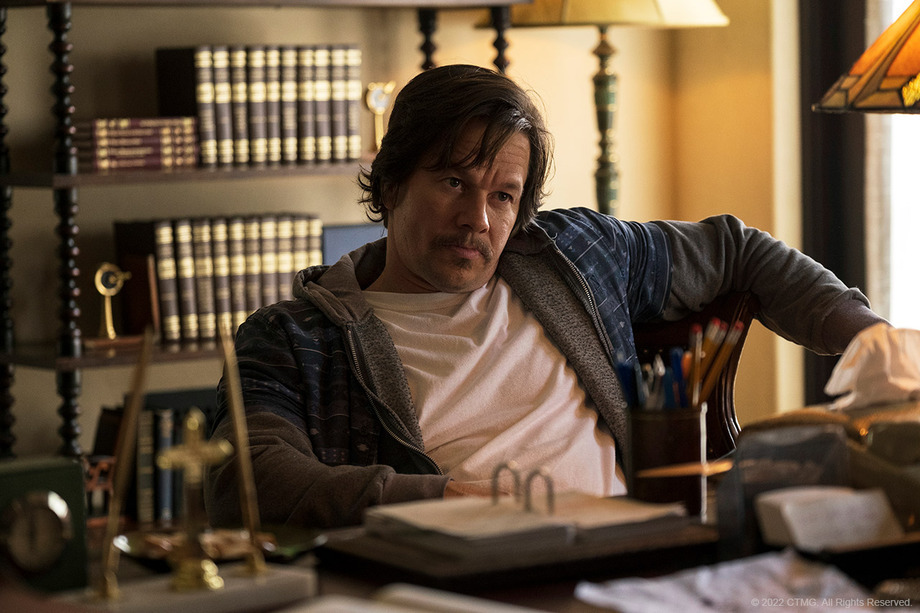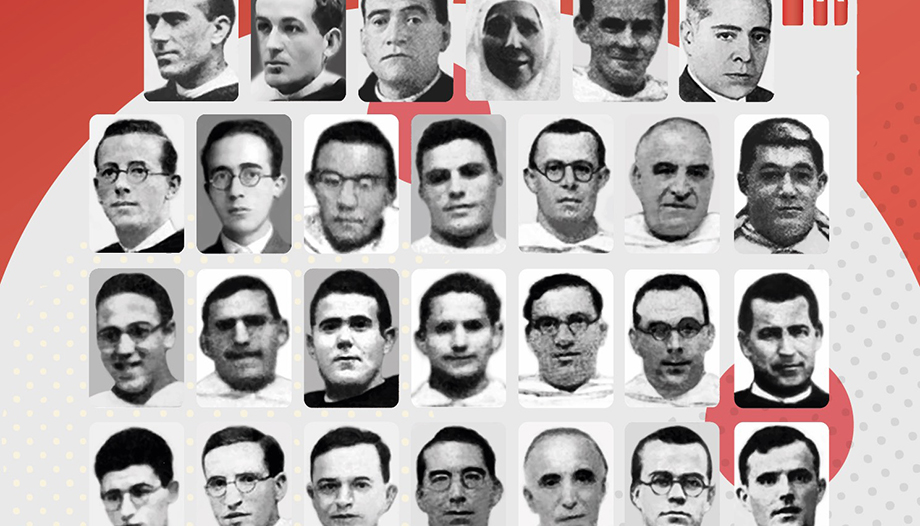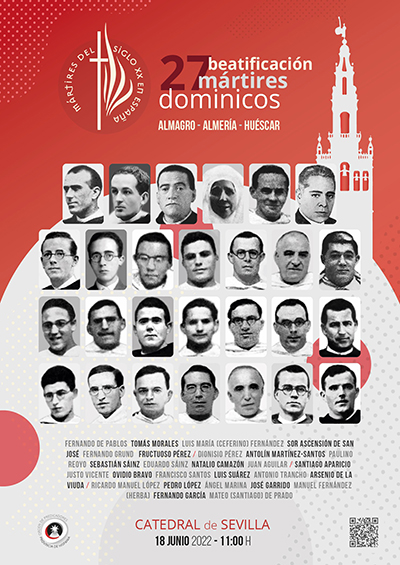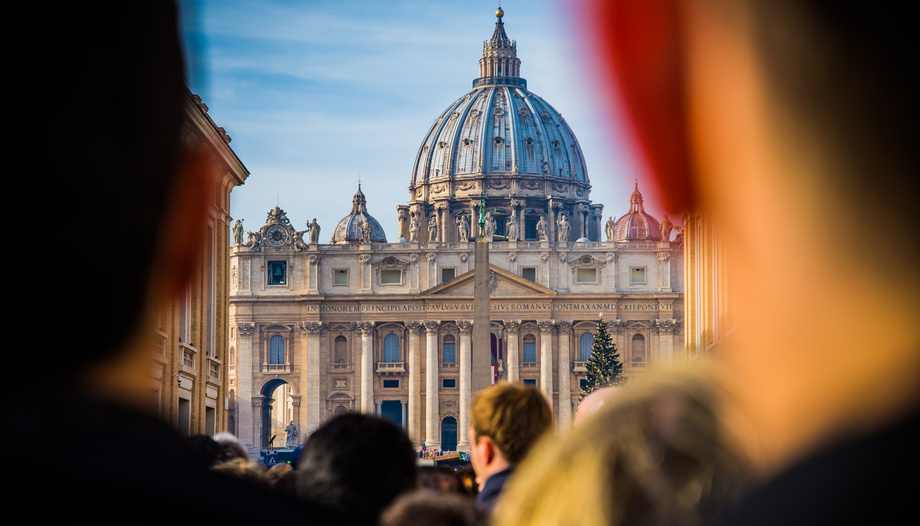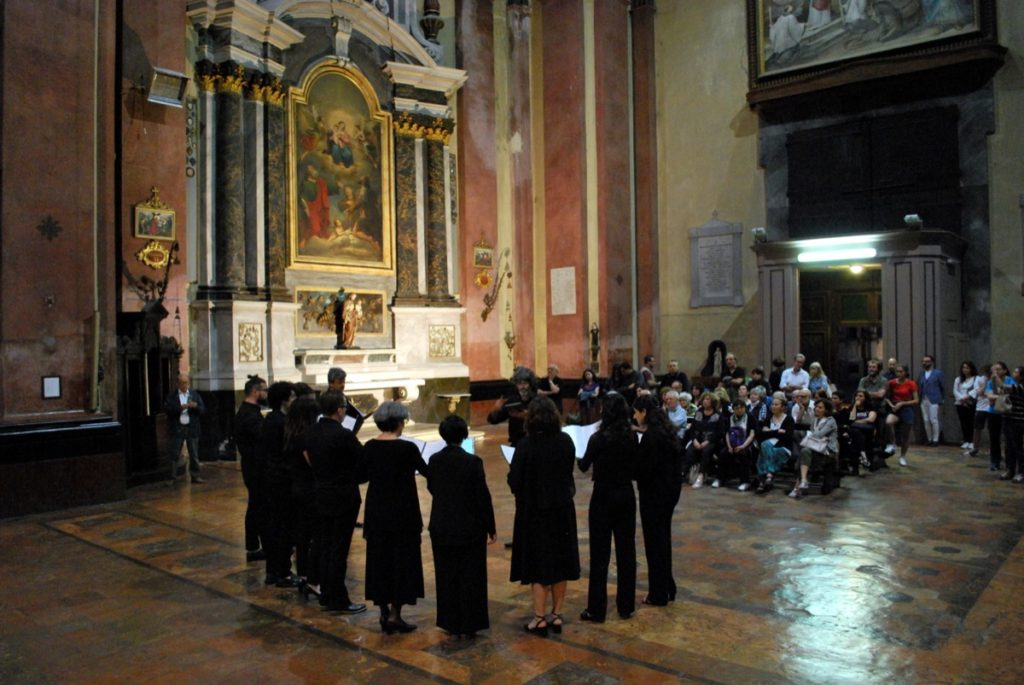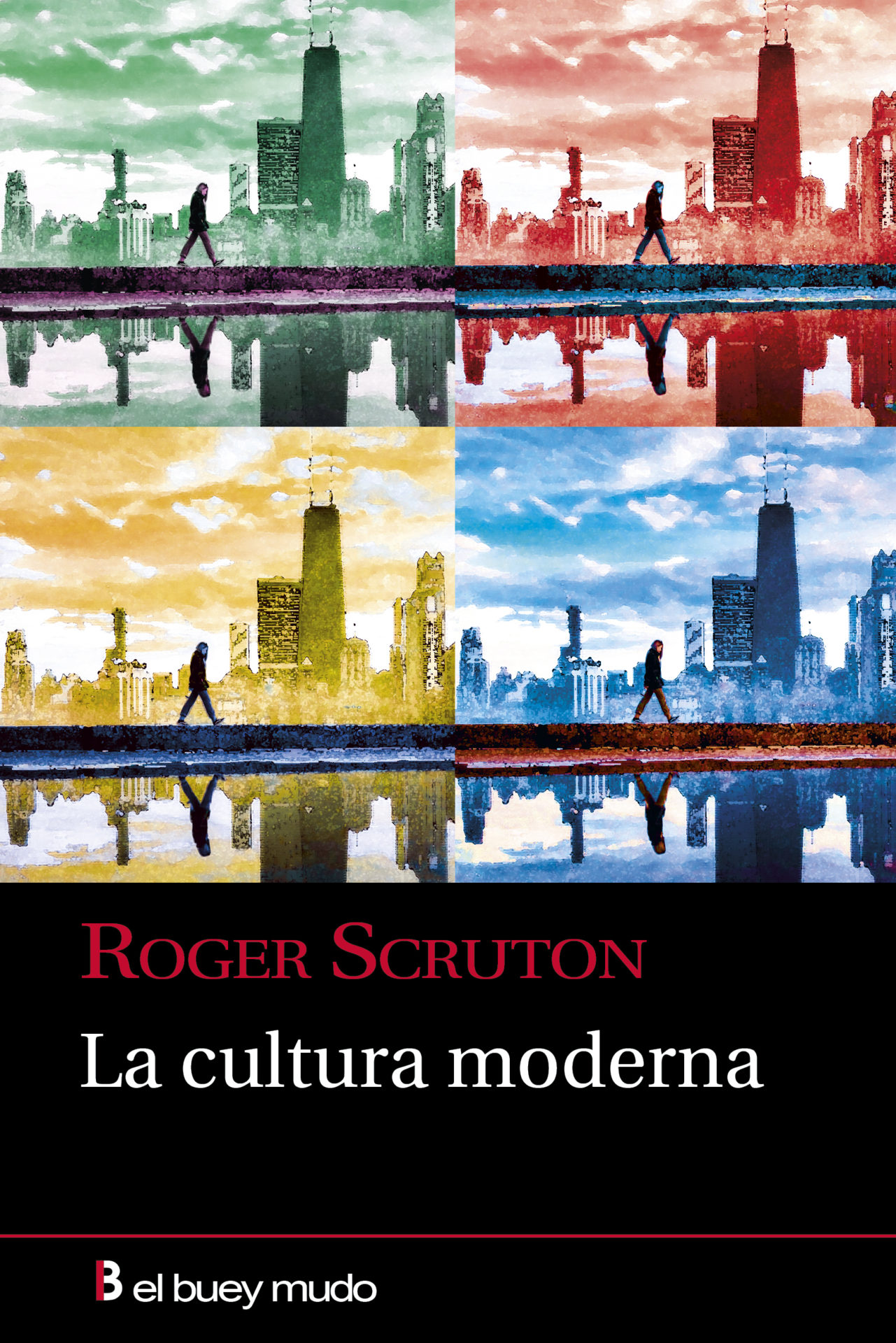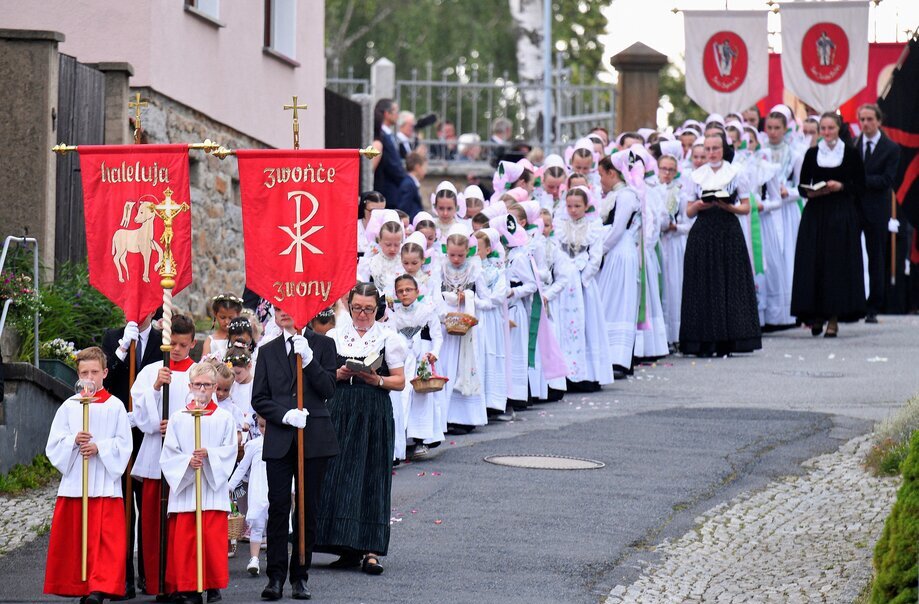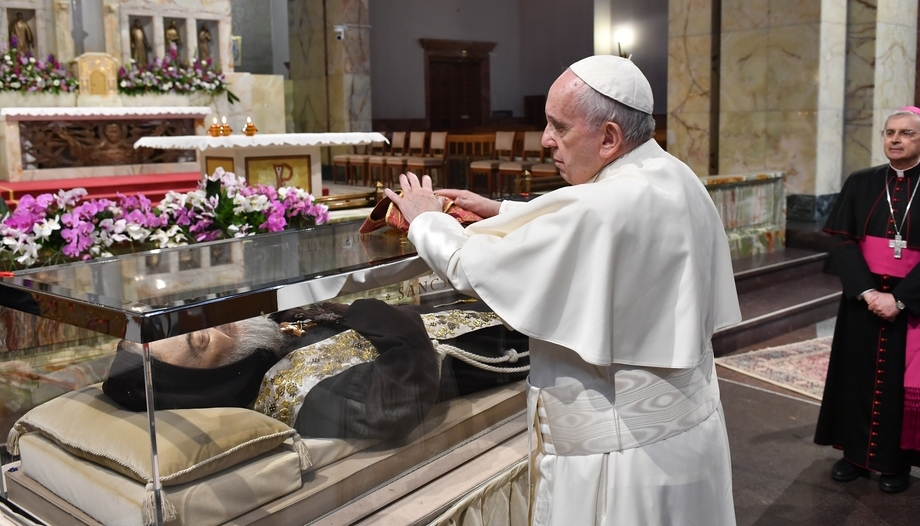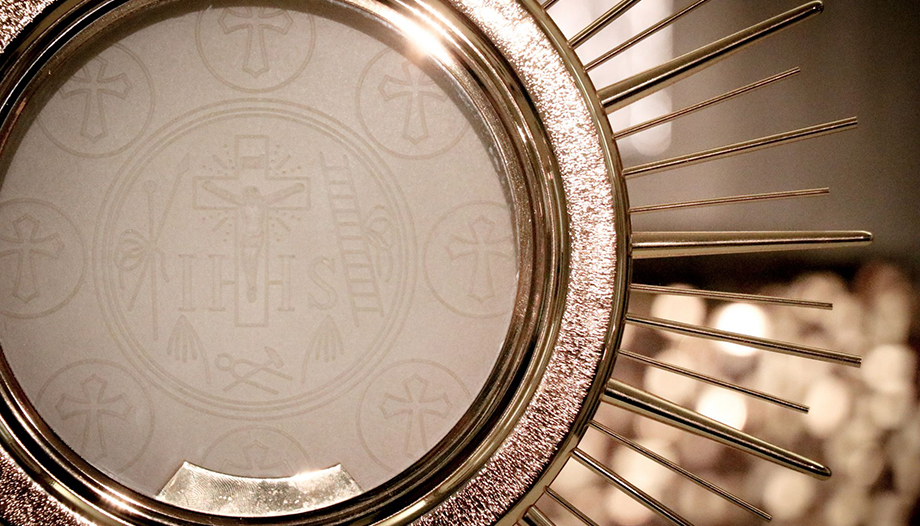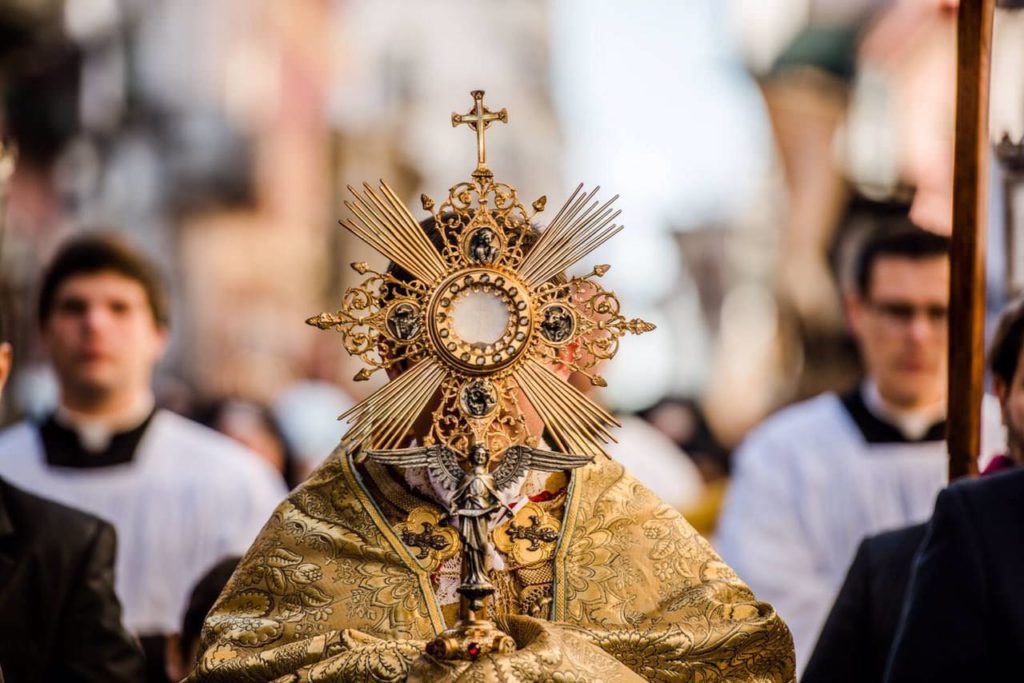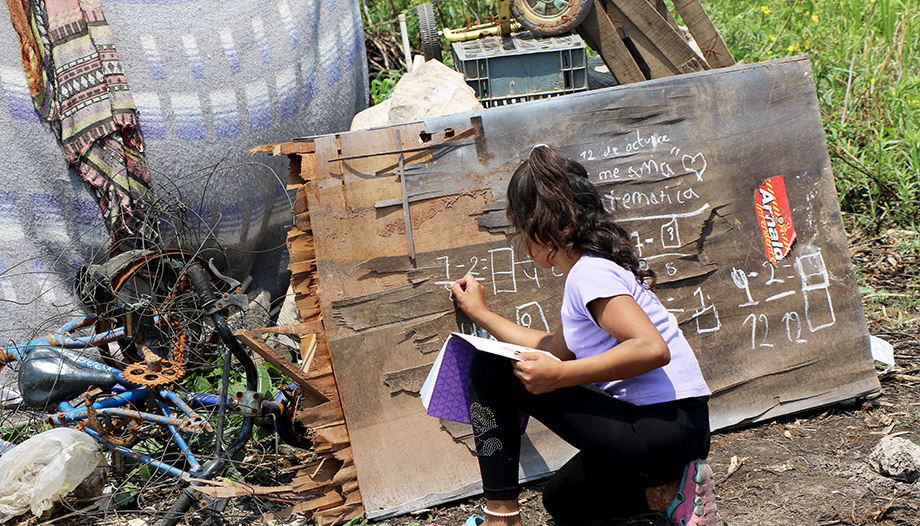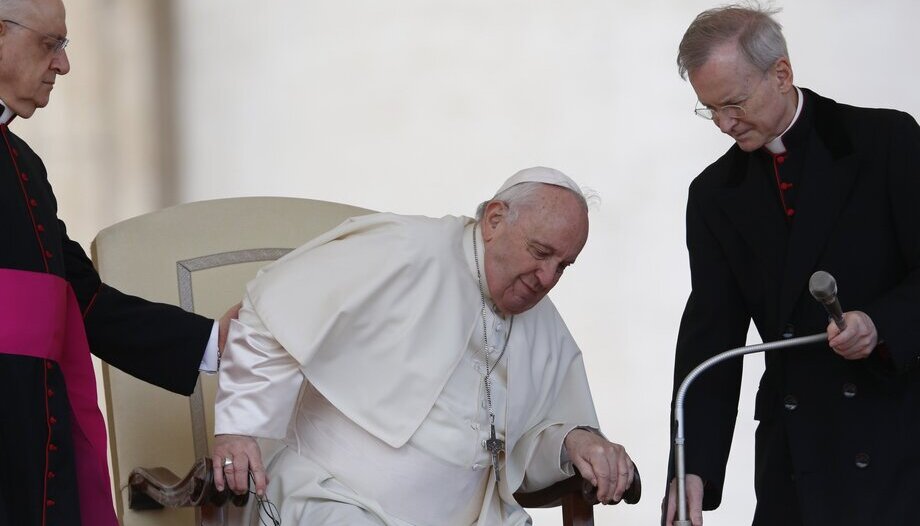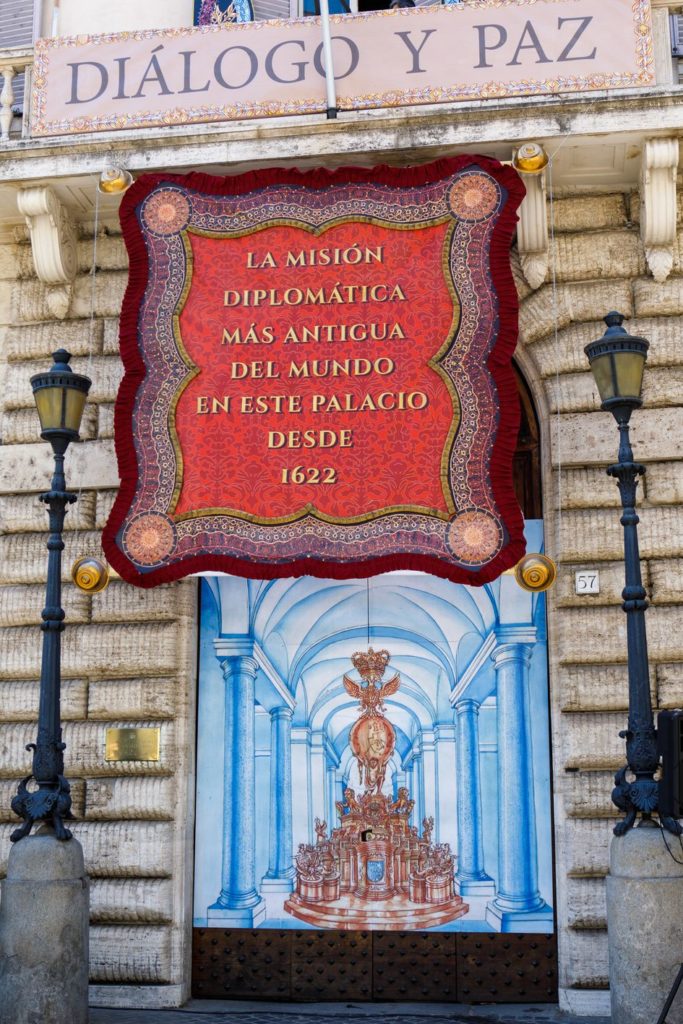The Pope's catechesis on the elderly is so relevant that the Holy Father decided to celebrate the first World Day of Grandparents and the Elderly last year. This year it will be on July 24, near the feast of St. Joachim and St. Anne, the grandparents of Jesus, in order not to forget 'the richness of guarding roots and transmitting’ to young people the experience of life and faith that only they can give.
It is an initiative of the 'Amoris laetitia Family Year', coordinated by the Dicastery for the Laity, the Family and Life, which organizes this EMF 2022, and has invited the couple Álvaro Medina and Rosario García to present their testimony in Rome.
It was precisely Álvaro Medina, as president of the Ascending Life Movement, who presented a month ago in Madrid, together with the bishop of the Canary Islands, Bishop José Mazuelos, president of the Episcopal Subcommission for the Family and the Defense of Life, the document Old age, richness of fruits and blessings', at the headquarters of the Spanish Episcopal Conference (CEE). A presentation of which reported with Omnes breadth.
We now talk to him on the eve of his speech at the Meeting of Families. Álvaro Medina, a member of the Diocese of Getafe Without revealing his stories, he says: "We must never lose heart in the apostolate. We will tell it in Rome.
Is your wife part of the Ascending Life Movement?
̶ My wife, Maria del Rosario, is in charge of my house, she has no position in the Movement, although she will talk to me in Rome.
What would you like to comment on first? Maybe something about EMF 2022 in Rome, or in Spain.
̶ My wife and I have been invited by the Vatican to give a testimony at the X World Meeting of Families, in Rome, and we will do so on the 23rd of this month of June. I know that there is another couple from Spain, but we are not going together. Maybe we will see each other on the plane.
It was directly the Vatican who contacted us, perhaps through the Dicastery of Laity, Family and Life in Rome, with which we have a logical relationship through Vida Ascendente. That is where our name must have come from, and the call to us came directly from the organizers of the meeting. We will speak, if there are no changes, from 12:30 to 13:30 in the morning.
Is it possible to get a small preview?
̶ The topic we are going to talk about revolves around a latent concern in older people, which is when some of our children or grandchildren do not follow the path of faith. And there is a bit of despair and disappointment when you see that happening.
We have a couple of stories in our family where it is clear that we have the obligation to put the seed, but the one who makes it grow in due time is the Lord.
We are going to tell two stories, one my wife and the other me, about two events that have happened in the family, and which show that we must never lose heart in our eagerness to do the apostolate inside or outside the family, but especially inside the family.
We will tell about it in Rome.
You have two children, right?
̶ Yes, we have a son and a daughter. My son is married, has 4 children, and now the rest is taking care of his sister's youngest child. My daughter is divorced, has four children, the two oldest are quite old, the third lives with his father, and the youngest lives with my son.
On August 12, 4 years ago, my daughter suffered an aneurysm in her head, which has generated important psychological and physical sequelae, although thank God she is overcoming certain difficulties, but she is very limited. She lives at home, we take care of her, and we take her every day to rehabilitation, but logically the care of her day and night corresponds to us.
Guidelines for the pastoral care of the elderly
Can you recall any features of the document on old age that you have presented to the EEC?
̶ As the document indicates, it is a set of guidelines for the pastoral care of the elderly. The most relevant, in my opinion, is the need in the Church and in society to recognize the elderly as they really are. Because they are being stigmatized, they are being considered something that almost becomes a nuisance, and this is a very serious mistake, because growing old is not a disgrace, it is a grace.
Becoming a major is a gift from God, and it has its fruits. If one stops for two seconds to reflect, one realizes it without needing to have much knowledge.
Tell us about this reflection and the spiritual part.
̶ The condition of the human being is basically composed of three parts. One part, the physical: another part, the intellectual; and a third, the spiritual. In both the physical and the intellectual, the body grows stronger with the passage of time, and reaches its peak, according to each person at a certain age.
The same happens with the brain, knowledge is acquired over time, intelligence is exercised, and there comes a time when the body and the brain, the intelligence, decline, decay.
However, the spiritual part never declines. On the contrary, as time goes by, one has more occasions to be aware that the Lord is with us, the spirit is strengthened, the faith is strengthened, and at an advanced age, what you have is a spirit with a proven faith. And this richness has to be seen from the reality of life.
If the reality of life is that we are born of God's love and our destiny is to reach the arms of the Lord, the path of life is the path of faith. If the path of faith, when it is at its fullness, is precisely when it is many years old, the older person should be looked at from that point of view.
You strongly emphasize the path of faith.
̶ Yes, it seems that we elders are considered as something left behind. However, in the way of faith, it is the opposite. Those of us who are ahead, simply because we were born earlier and have lived more years, those of us who are ahead, the future of the path of faith, are carried by the older ones.
From time to time, when I look at my great-granddaughter, because I have a great-granddaughter, I see in her the future of tomorrow. But if she, when she has enough knowledge, wants to see the future of her life in faith, she will have to look at her great-grandparents. So the future of the reality of life, of the authentic reason for living, is the path of faith.
If we look at the elderly in this way, we will never be able to see them as waste material, as Pope Francis so often reminds us, and as society insists on discarding the elderly. It is quite the opposite. Then, in this argument of pastoral care, the first thing is to make visible the reality of the elderly. Yes, they will have physical or psychological problems, but they are typical of their age. That is part of the reality of the elderly.
Then there is the fact that the elderly should be pastoral agents, that is, they should participate in the development of society and of the Church, with their activity, and in other cases they will be the recipients of this pastoral care, due to their own natural needs.
Making the elderly visible, ourselves first
Then the first objective of the document is to make the elder visible. First with the elder. Because when we speak ourselves, the elders, we speak of the elder as if he were a third person: nobody is an elder... In the Ascending Path we are all elders, but when an elder speaks, he refers to them in the third person. We have become infected in this defenestration of the image of the elder, unfortunately. Then the elder must also be helped to see himself.
I remember many meetings, when I go to visits, assemblies, etc., in Spain, and when I refer to the elders, they look at me as if to say: Are they really talking about us? Of course they are. In those gestures of affection that you have with your loved ones, with your children, with your grandchildren, where you do not hesitate at any moment to leave whatever is necessary for the affection that you have for them, that is an example of the strength of your spirit.
Children, grandchildren, neighbors, friends, these simple gestures of love are the faithful testimony that this miracle of life is taking place generously among you.
But because you do it so naturally, you don't give it the value it has. And it does. Well, that is the first objective of the document. To make the elderly visible.
The simple examples of the Gospel
The major is a treasure, not a burden. That is what you said.
̶ There is an army of elders who have remained on the path of faith. But it is that we are waiting for the miracle of the heavens opening in two and the Holy Spirit descending in the form of a dove.
The Lord in the Gospels reminds us of those simple people, that little woman in the temple who threw in her last coin, and set her as an example; the one who considered himself unworthy to stand before the Lord, in his humility, next to the Pharisee, who was giving thanks for the good fortune he had to be as he was... The Lord puts them in front of us. That heaven is on earth, represented clearly and simply by those simple loves of the saint next door, as our beloved Pope says.
The data indicate that around 20 % or more of the Spanish population is over 65 years of age.
̶ The trend is to continue to grow. Life expectancy is getting longer and longer, and the birth rate, unfortunately, is increasingly scarce. Therefore, the percentage participation of the elderly in our country is growing and is becoming more important every day. These are statistics that are within anyone's reach.
Along with this issue, the document refers to loneliness. In some cases it is chosen, but in others it is supervening. Have we left our elders alone at all, during the pandemic, for example?
̶ Loneliness has many themes, but it is true that sometimes it gains ground step by step. When you finish your working life, you face a new life. Where you were accompanied by a particular activity, you have lost it and face a new stage, in which almost everything is new.
First company you have. Second company, traveling companions, wife, husband, relatives, friends, are left on the road, and loneliness becomes more and more pressing. What happens is that it is not perceived all at once. It eats up ground little by little.
Another is the advance of science and modern technologies in society. At the rate they are going, we older people are falling by the wayside, and we are seeing it with everything that has to do with the digitalization of things. You are moving away from the normal dynamics of the previous life, and of today's society. Then loneliness has all these nuances. In addition, when it becomes profound, that is, when your physical capacity does not allow you to fend for yourself, you have to end up in the hands of a caregiver, or in a nursing home, then it is much more acute. Loneliness is perhaps the worst of the evils in today's society.
Two words on an uncomfortable subject, the residences...
̶ Nursing homes are centers where they can care for the elderly in a way that we cannot, for various reasons and circumstances. I think they should be considered the anteroom to glory. And therefore they should be the best possible place for whoever gets there. It is not an easy task, but if you do not have that awareness, it is an impossible task. Then we must encourage family members who find themselves in that need, to take a loved one to a nursing home, to look for those centers where their loved ones are treated with consideration. They should not take them just anywhere, either because it is close by or for whatever reason. That they have the consideration to demand of themselves in the selection of places, and to demand of the place where they take care of that person as he/she deserves, as a person worthy of all the respect and a person who is in the anteroom of glory.
Grandparents, the elderly, have been and are a social network in crises, for children, grandchildren, siblings... Caring for them should be a duty of the whole society. What can you tell me?
̶ You don't have to go very far. Ask anyone if it would be possible to sustain the dynamics of society in our country without grandparents. Who takes care of the grandchildren? Who takes care of the children when they are out of work? Who looks after them? There is no need to do a lot of math. It is not feasible.
The truth is that many times the Lord makes us look at heaven through tears. But how beautiful it is when, in the midst of this hardness, one sees the company of the Lord. Without Him, life will have no meaning. Everything we are talking about, if we take the Lord out of the stage of reasoning, we are incapable of reasoning. We lose ourselves. Reason does not reason if it does not take into account all the factors that make up reality, and the main factor is the presence of God.
Álvaro Medina is going through daily struggles, the rehabilitation of his daughter, etc., but listening to him is a pleasure that gives wings. We have not been able to get anything out of his intervention in Rome, with his wife, at the EMF, so we will have to listen to him. It is Thursday 23rd, mid-morning.
The authorFrancisco Otamendi  Being a good person does sell
Being a good person does sell Santiago Leyra-CuriáThe new generations want to be educated so as not to be manipulated".
Santiago Leyra-CuriáThe new generations want to be educated so as not to be manipulated".










